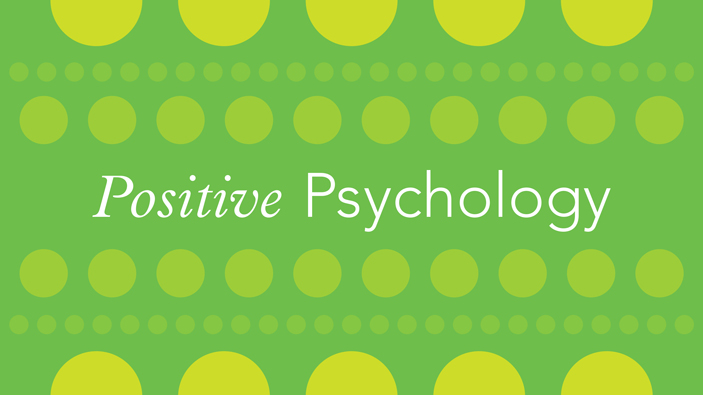Positive Psychology is an emerging field of study that focuses on the science of happiness. Pioneered by Dr. Martin E.P. Seligman in 1998, the purpose of Positive Psychology is to find out the virtues that lead to a meaningful life and the effects on that will have on an individual, as well as the community as a whole.
Instead of just treating mental illness and relieving suffering, positive psychologists also focus on the strengths that make life worth living and restoring a healthy balance to well-being.
Martin and Mihaly Csikszentmihalyi, a psychology professor from Claremont Graduate University, describe the new science in the following way: "We believe that a psychology of positive human functioning will arise that achieves a scientific understanding and effective interventions to build thriving in individuals, families, and communities."
Studies have shown that happiness can have a dramatic effect on an individual’s well-being, contributing to every aspect of their life, including health, relationships, employment and longevity. According to the United Nations World Happiness Report 2013, positive emotions help the cardiovascular, immune and endocrine systems; lower the risk of heart disease and strokes; and even speed up the recovery process. Happy workers are more likely to receive positive ratings from management, as well as see an increase in wages. Employee satisfaction can have a positive effect on productivity and performance, increasing revenue, sales and ultimately profit.
Positive psychologists believe that figuring out the puzzle and pursuit of happiness can lead to answers to some of our biggest problems individually, nationally and even globally.











